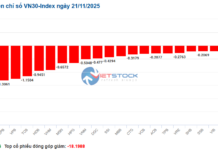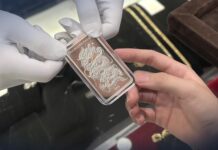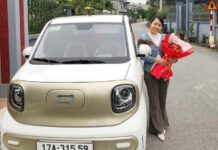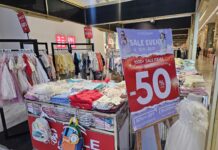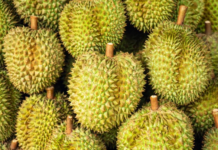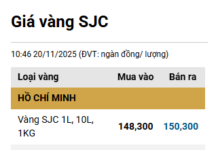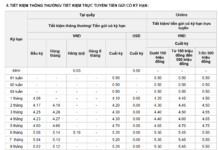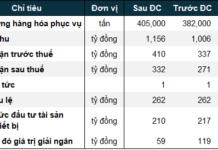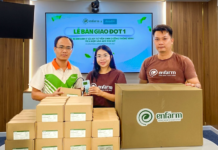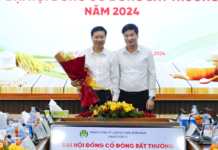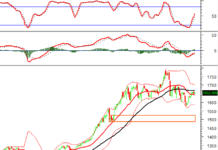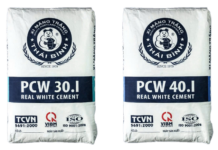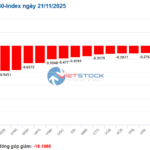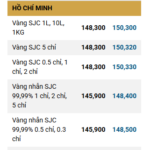For 34 years, Mr. Truong Chi Thien has been in the poultry egg business, starting from peddling baskets of duck eggs by bicycle to local shops in Cho Lon to now owning a modern production factory, and his passion remains unwavering.
In his interview with VTC News, Mr. Thien’s eyes lit up with happiness as he discussed his new products and plans for chicken and duck eggs. His business philosophy revolves around occasionally disregarding numbers to focus on more meaningful long-term goals.
The most significant goal that the founder of Vinh Thanh Dat is pursuing is humane poultry farming and encouraging consumers to use humane eggs, a growing global consumption trend.

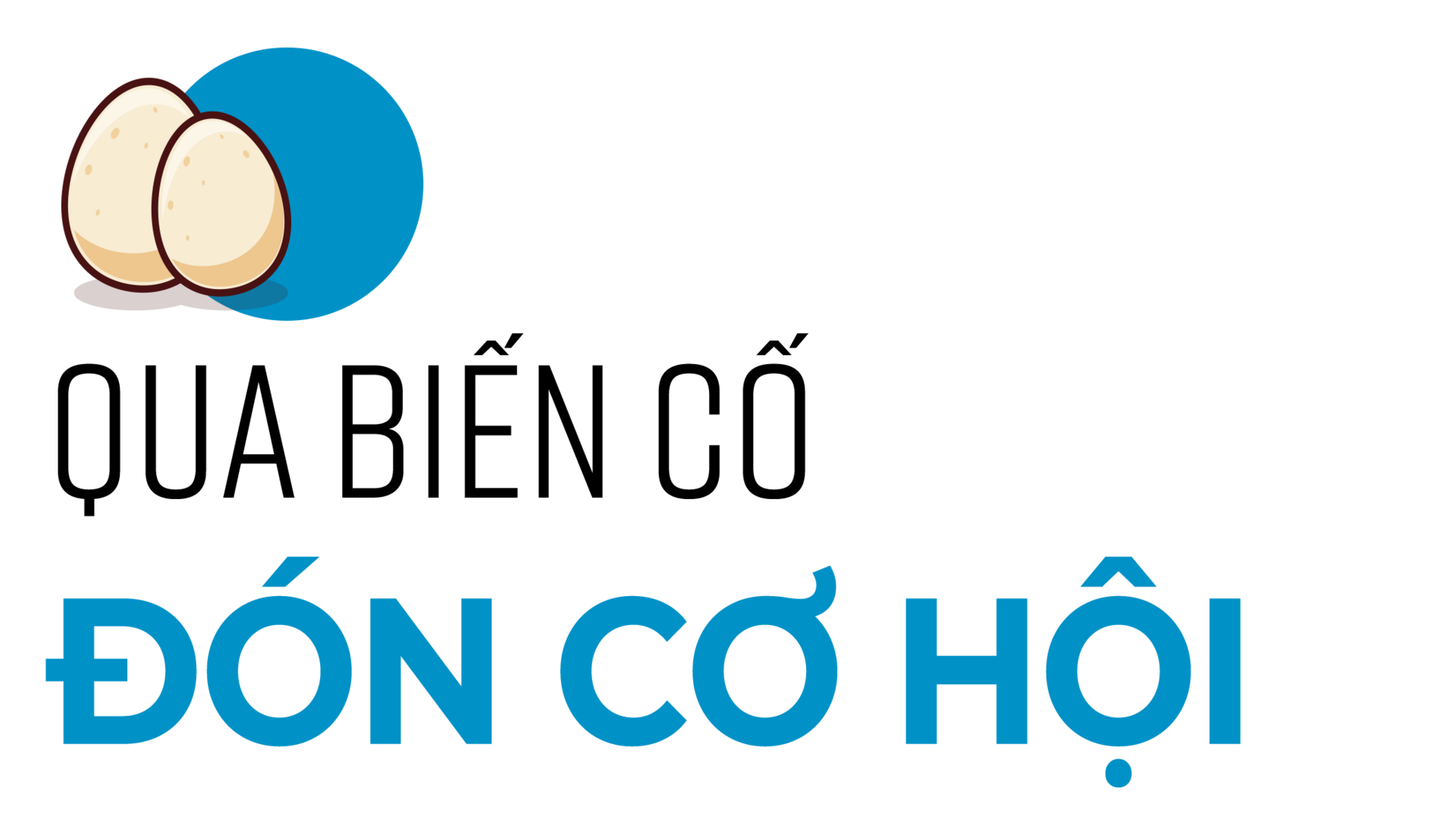
– As the first company to introduce clean eggs into the supermarket system after the 2003 avian flu pandemic, how did you overcome this challenge when your business was just starting?
In early 2023, my poultry egg business, Vinh Thanh, was thriving in Cho Lon. Suddenly, the avian flu pandemic struck, and I lost everything. I considered giving up and changing my line of business, unsure of how the situation would unfold. However, I felt sympathy for the farmers, my partners, and those who had been working with me.
I thought to myself that if I gave up, not only would I suffer, but I would also bring hardship to many others. So, I decided to stand up and continue.
Before the 2003 pandemic, eggs were considered a common commodity, not packaged in boxes or trays but simply stacked in baskets for sale. At that time, shopping in supermarkets was still novel in Vietnam, and eggs were mainly distributed in traditional markets rather than supermarkets. The 2003 avian flu pandemic changed the entire industry.
After a temporary halt in the sale of poultry products, including eggs, the departments of Ho Chi Minh City sought to “rescue” the industry. I did the same. When the city approved the safety standards for egg trading, Vinh Thanh immediately complied. As I was the first to explore the steps to implement the safe egg trading regulations, I received enthusiastic support from the agricultural and health sectors.
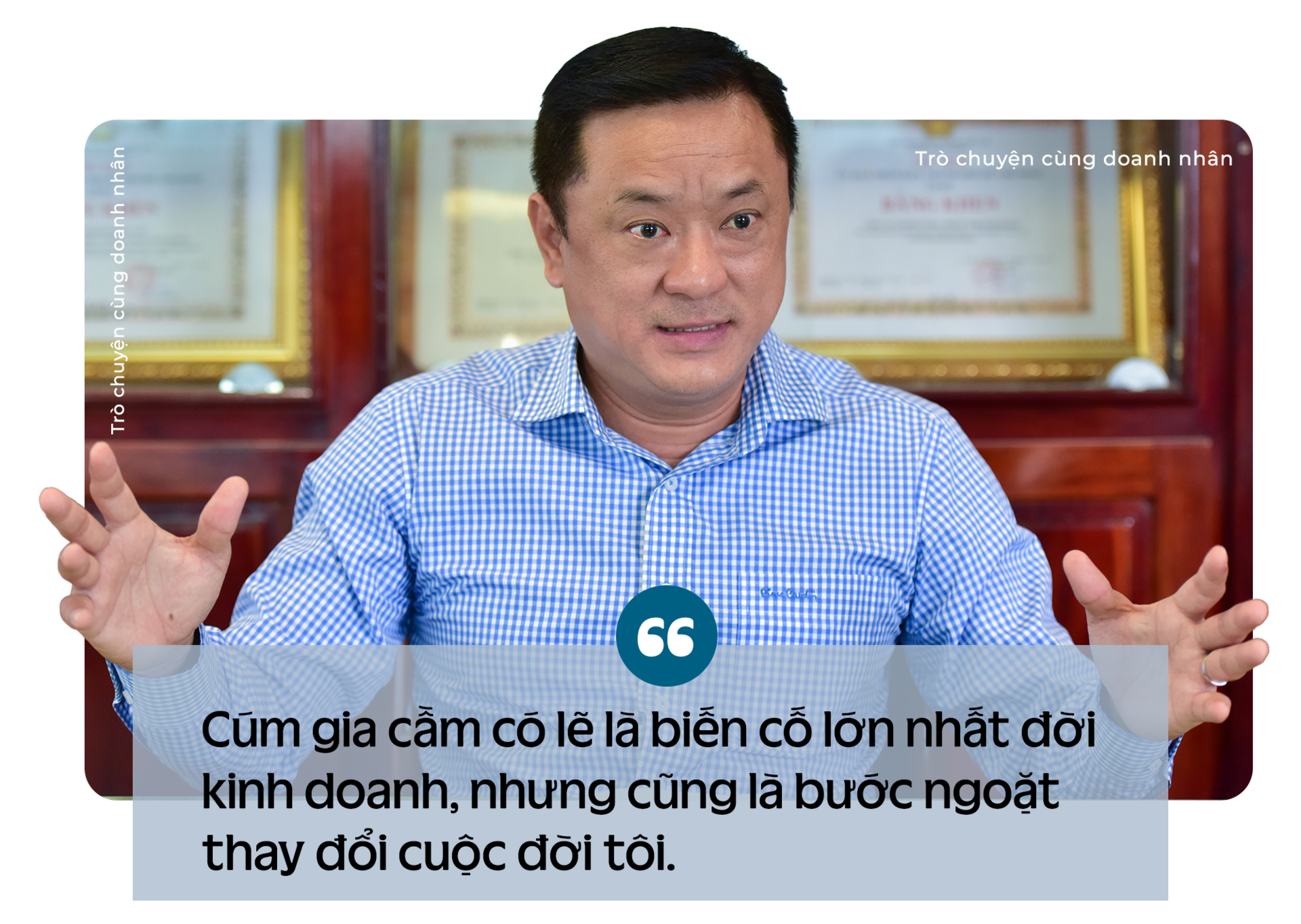
Indeed, after the city’s poultry egg industry was paralyzed, the supermarkets immediately contacted us to purchase our safe eggs. This was a significant motivator.
In a short time, eggs returned to the market. Although we were a small household business, we were the first to supply clean chicken and duck eggs to supermarkets.
However, dealing with large retailers required us to transition from a small egg wholesaler to a company. Thus, Vinh Thanh Dat was established. I often tell my colleagues that within danger lies opportunity. Amidst the crisis and loss of assets, we transformed into a new, more sustainable, and robust model.
The avian flu pandemic was probably the biggest setback in my business career, but it also marked a turning point in my life, elevating me from a small egg wholesaler in the market to a company owner.
Now, supermarkets are the main distribution channel for Vinh Thanh Dat’s fresh eggs, with almost 100% of modern retail systems, from large supermarkets to convenience stores, carrying V-food poultry eggs. In addition to the V-food brand, we also produce private labels for various retail systems.
On average, we supply the market with 700,000-800,000 V-food branded fresh eggs daily, increasing to about 1 million during weekends and holidays.
The second crisis was COVID-19. Even now, memories of the struggle against the pandemic four years ago remain vivid. To cope, I had to resort to taking sedatives for the first time.
I am not superstitious, but it seems that both crises occurred when I was at an age that our elders often refer to as “tam tai” (a period of bad luck). However, these challenges have made me stronger. If the avian flu pandemic led to the birth of Vinh Thanh Dat, COVID-19 prompted us to launch a series of special products and attract many new potential customers.
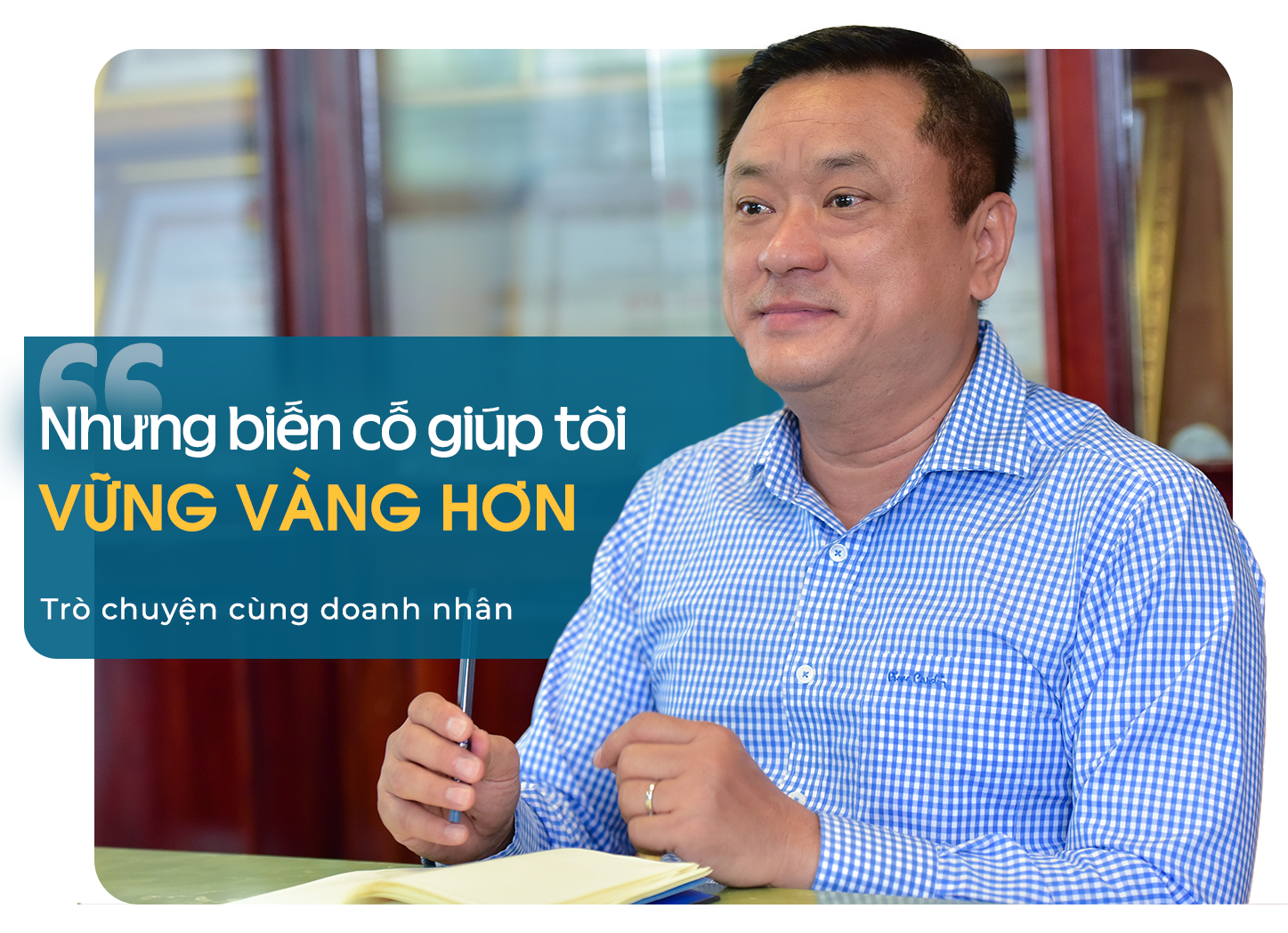
– Why have you chosen to stick with poultry eggs, a low-profit industry with challenging transportation and preservation requirements?
Actually, my family has been in the duck egg business for a long time back in my hometown of Soc Trang. We used to collect eggs from farming households, as there were many free-range ducks back then, and then sell them to local markets and retailers. When I went to Ho Chi Minh City for university, my mother continued to send me duck eggs to sell and make a living. At that time, eggs were transported in baskets and placed on the bicycle seat, tied with a rope, and delivered to shops in Cho Lon, rain or shine.
After graduating from university, I started working, but on days off, I would go to the Western Bus Station to pick up eggs and distribute them. After more than a year, I decided to focus on developing the egg wholesaling business instead of direct sales. Transportation and communication were challenging at that time, and it could take up to two days for eggs to be transported from the Mekong Delta to Ho Chi Minh City, resulting in higher prices due to intermediaries.
I decided to cut out the middleman and sell directly to small retailers, which increased the purchase price for farmers. At that time, even though I was a small egg wholesaler, there were days when I sold several hundred thousand eggs. That was the best time until the avian flu pandemic hit, and I lost everything. So, with Vinh Thanh Dat, I had to start from scratch.
– During your student days, did you feel embarrassed about peddling baskets of eggs while attending university?
Before moving to Ho Chi Minh City for university, I had helped my family collect and deliver eggs, so I was confident in this work.
I have always believed in doing what I am good at, familiar with, and passionate about. It was indeed a coincidence, but for me, it was simply a way to make a living while studying far from home. In the 90s, students from the provinces faced many difficulties when studying in the city, and everyone was busy finding work without embarrassment.
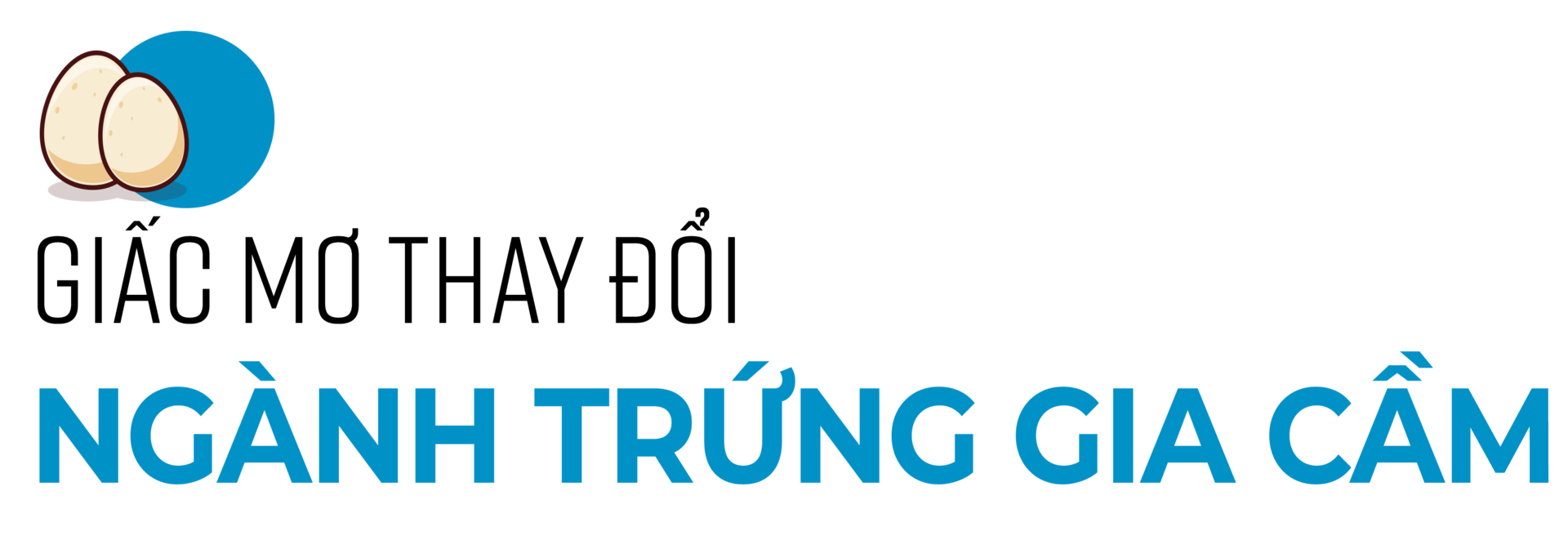
– Agriculture is a challenging and not-so-profitable industry, and it is prone to diseases. What keeps you excited about poultry eggs after 34 years, as evident in your enthusiasm when discussing new plans and ideas?
It’s all about passion.
Initially, I only thought about buying and selling eggs. However, after visiting farms and distribution systems abroad, I realized that this industry is not as simple as I had thought. If we only focus on fresh eggs, how can we increase the purchase price for farmers? To address this, I had to create added value for eggs and increase farmers’ profits.
That is why I have been promoting processed eggs for many years. In advanced countries, the sales of fresh eggs account for only a small portion of the total revenue, with most profits coming from processed products. We cannot ignore this development trend. To ensure a larger market and more diverse products, we must ensure farmers can expand their farms and increase their flocks.
I see great potential in processed eggs and expect these products to create a breakthrough for the poultry egg industry.
Currently, Vinh Thanh Dat’s strategy is to develop export products, egg powder, and liquid eggs alongside traditional fresh eggs. These products are manufactured domestically and by multinational companies.
– When did you start working on processed eggs? How long did it take from the initial research phase to the market acceptance of your products?
I started preparing in 2005 but only began processing in 2009, and it took another 5-6 years for the products to reach the market. It was a lengthy process due to the research and strategic adjustments required to focus on this area.
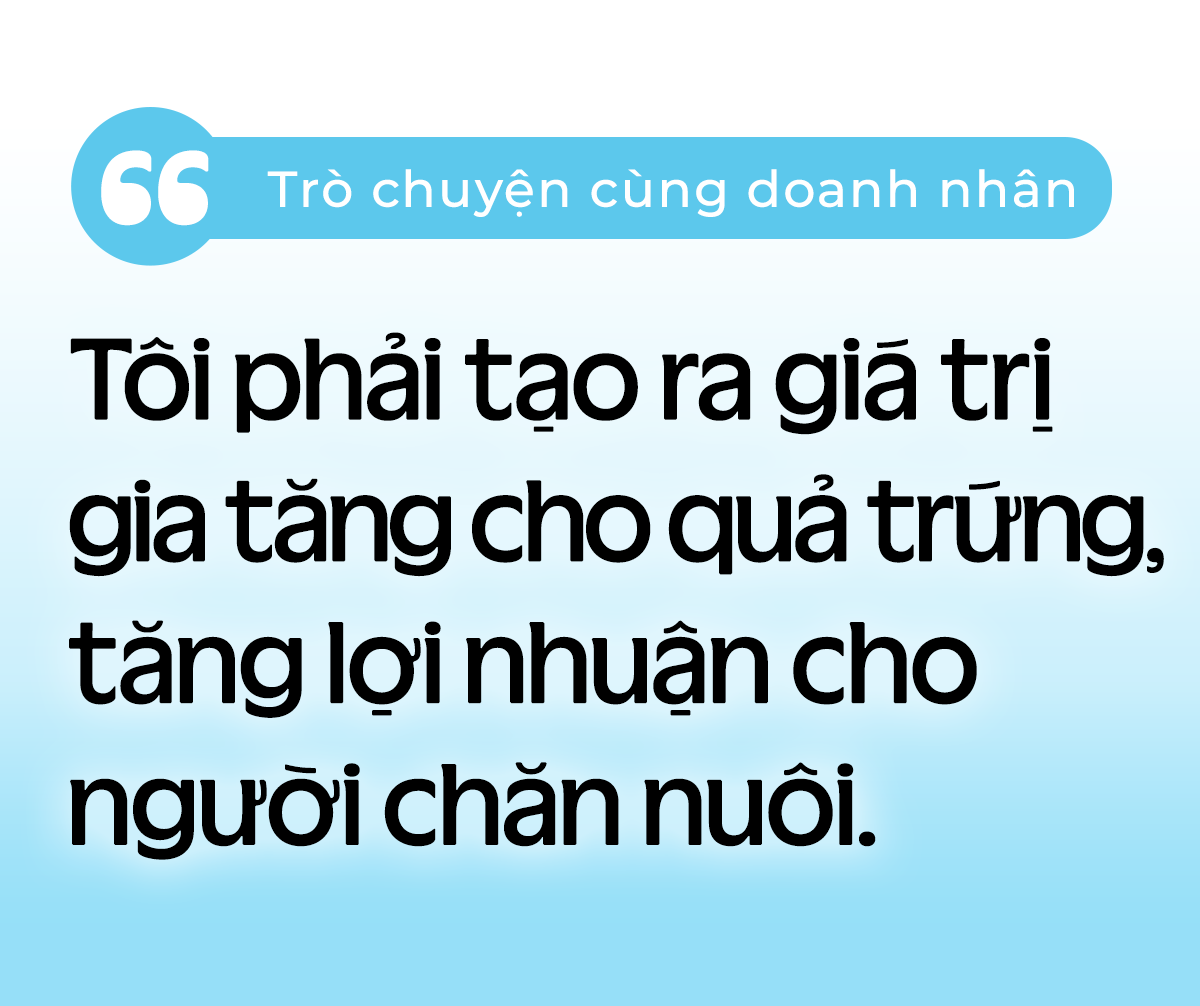
We plan to launch more products by the end of this year and early next year, targeting both domestic and foreign markets, with Japan and South Korea as the main export destinations.
While processed eggs currently account for only about 20% of Vinh Thanh Dat’s product portfolio, they have helped address the issue of surplus eggs. During periods of excess supply, we purchase eggs to prevent farmers from having to discard them, which is our most important goal.
– You mentioned that sterilized liquid eggs are Vinh Thanh Dat’s main product this year, but they don’t seem to be widely available in the market yet. What are the current distribution channels?
These are eggs without shells that have been sterilized and packaged in bags or bottles, and they are our flagship product for 2024. Liquid eggs are not new, but our target customers are not end consumers. Instead, our clients are food companies that produce baked goods, frozen seafood, etc. We have successfully exported this product to South Korea.
We should have launched this product earlier, as many Vietnamese companies have been importing liquid eggs for production in recent years, with sales growing by 200%.
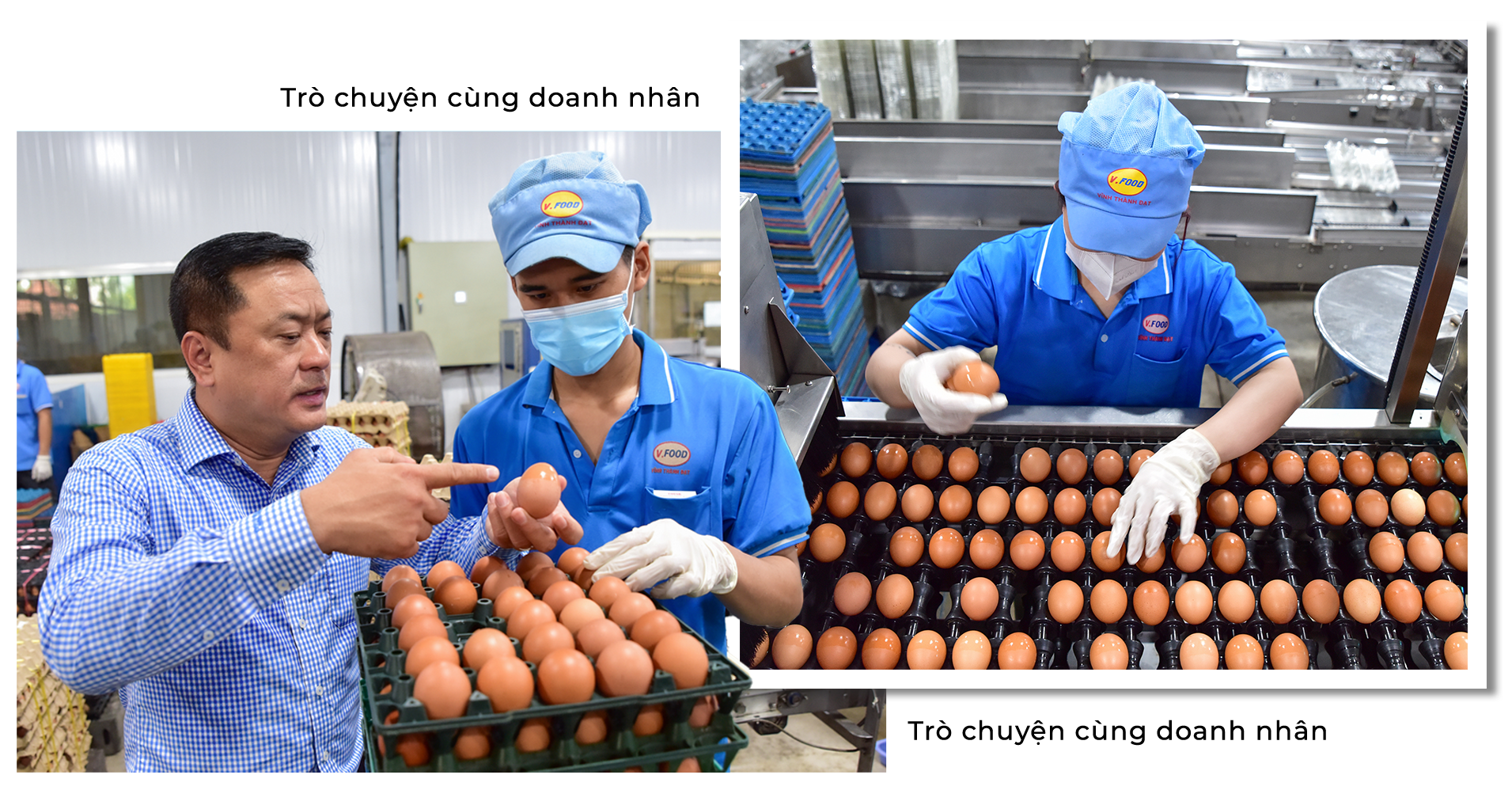
We started working on this a few years ago but were cautious due to some semi-manual processes, and we hesitated to invest in costly machinery and equipment. After COVID-19, in 2023, Vinh Thanh Dat’s liquid eggs finally entered the market.
– You tend to avoid direct competition with large corporations and multinational companies. Why is that?
Since entering this industry, I have always known that I have to take a different approach. It may be a niche market, but with a population of 100 million, it is not small. When I was a small egg wholesaler in Cho Lon, I noticed a gap in the market for fertilized eggs, so I started selling them, which also helped boost sales of fresh eggs. Now, I am doing the same thing by focusing on new models and products because we cannot compete with large-scale FDI companies that invest in millions of birds at once.
However, as I mentioned earlier, the most important thing is to increase the value of chicken and duck eggs and the income of farmers.
The traditional fresh egg market will eventually reach saturation. To delve deeper into poultry farming, we must explore new models and products. Now, I am no longer burdened by financial worries, so I want to focus on doing what is best for the poultry egg market, finding new products and markets.
I think many people share my sentiment that when we are not overly concerned about profits and losses and are not stressed by numbers, we can be more relaxed about the results we achieve. For example, I am delighted when we launch a new product that is well-received, and this motivates me to create other products, even if the actual sales are not significant.
Being a pioneer is indeed challenging and costly, but people will remember the trailblazer, and there are advantages to being the first. More importantly, when someone paves the way, others will follow more confidently.
I hope that more businesses will focus on processed eggs and specialized products to prevent the need for egg “rescue” campaigns during periods of excess supply and low prices.
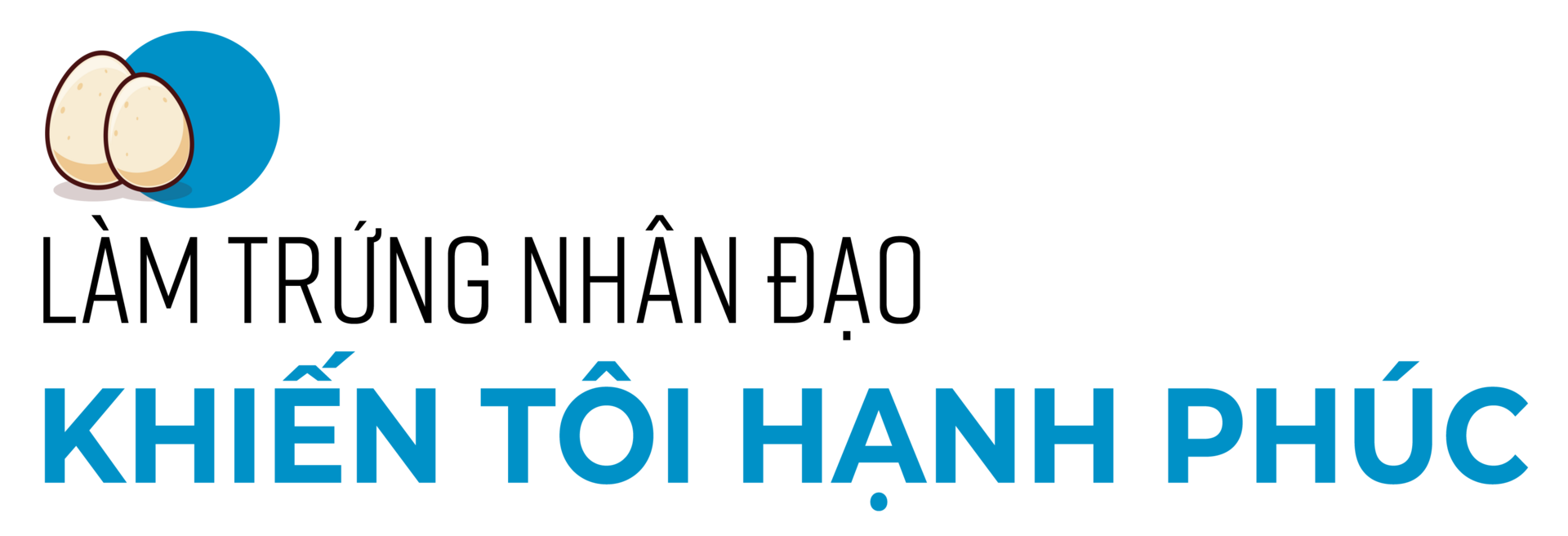
– Can you tell us more about your decision to produce humane eggs?
It is another pioneering story that makes me very happy. Humane eggs are new to Vietnam, but advanced countries have already been producing them. Five or six years ago, HFAC – Humane Farm Animal Care, an international non-profit organization dedicated to improving living conditions for farm animals, approached me and advocated for implementing more humane farming practices for chickens.
While I was intrigued, I was also skeptical about the feasibility due to the higher costs and unclear market demand.
As we all know, chickens raised in crowded cages can have a laying rate of up to 90%, but the rate for humane farming, where chickens are allowed to roam freely, is less than 50%. When chickens are more active and consume more food, they produce less, leading to higher prices, which is the first obstacle to this model.
HFAC was very persistent. When they couldn’t convince farming businesses, they turned to product consumers. First, they targeted multinational companies operating in Vietnam, and then large supermarket and resort systems. Following the requirements of their parent companies, the local branches had to set clear plans for the percentage of eggs and meat products sourced from humane farming each year.
I decided to experiment with raising 6,000 chickens without using traditional cramped cages. Instead, we provided perches, nests, dust bathing areas, and other facilities to allow the chickens to exhibit their natural behaviors. The feed also met specific requirements, including no mammalian bone meal.
In 2021, Vinh Thanh Dat’s humane eggs received HFAC certification.
– Humane farming has higher costs and lower competitiveness. Why are you committed to this practice?
In the past, before learning about humane farming, I witnessed the reality of thousands of chickens crammed into small spaces in farms, with some even having their beaks cut to prevent them from pecking at each other,

